You Have Chest Pain Too
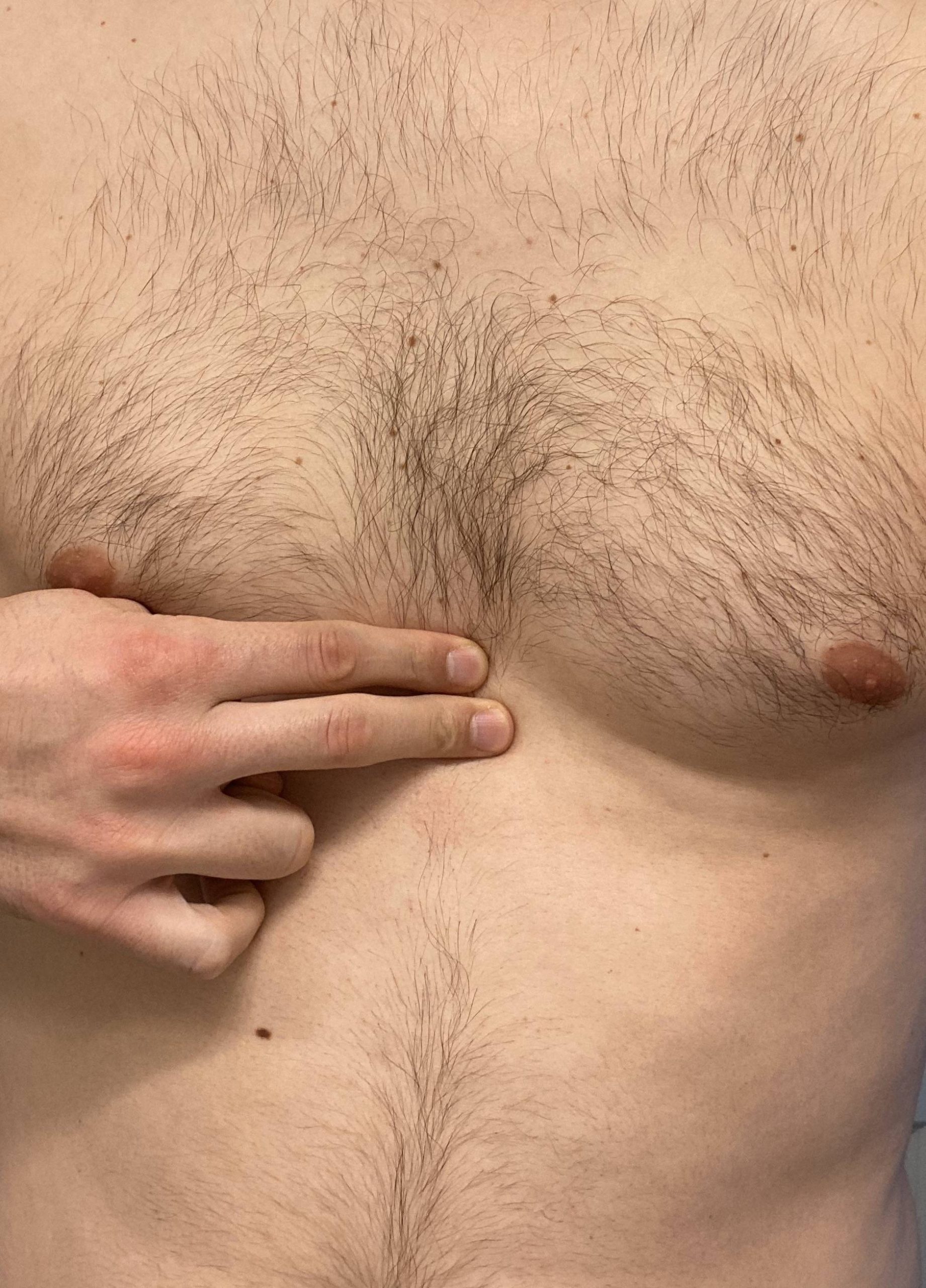 image source: reddit
image source: reddit
Experiencing chest pain in conjunction with heart palpitations is a red flag that warrants immediate attention. Chest pain or discomfort alongside palpitations could signify a potentially life-threatening condition like a heart attack or angina. It's crucial not to dismiss these symptoms!
They Last A Long Time
 image source: reddit
image source: reddit
While occasional palpitations are common and usually harmless, prolonged episodes lasting for an extended period may indicate an underlying cardiac arrhythmia or other heart-related condition. If you find that your palpitations persist for an unusually long time, especially if they are accompanied by other concerning symptoms, it's important to seek medical advice!
Occurring When You Are In Bed
 image source: reddit
image source: reddit
Palpitations that occur when you're lying down, particularly when you're trying to sleep, can be disruptive and concerning. While changes in position can sometimes trigger palpitations due to shifts in blood flow, persistent palpitations while lying down may indicate an underlying heart rhythm disorder or other cardiac issue.
You Need Your Inhaler
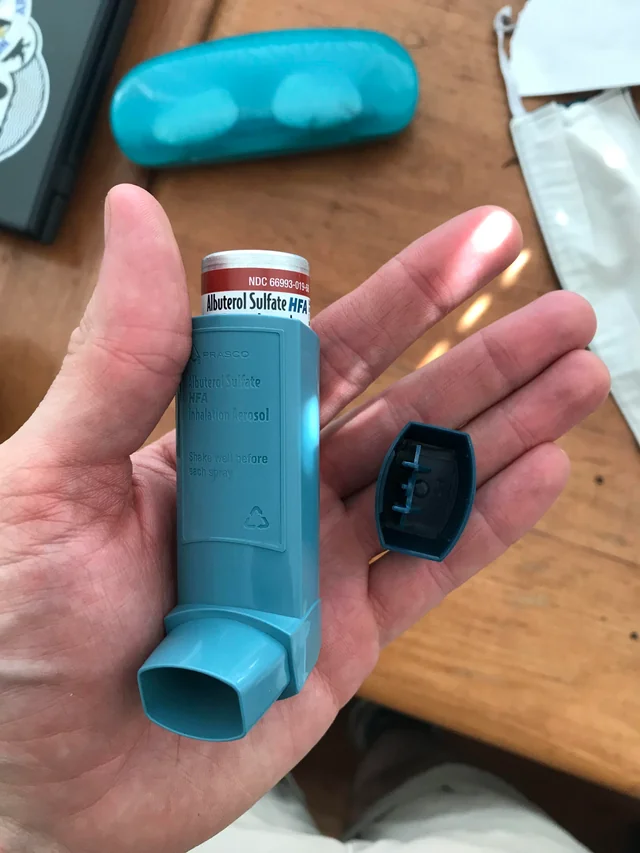 image source: reddit
image source: reddit
If you experience palpitations along with the need for your inhaler, it could be a sign of an underlying condition such as asthma or chronic obstructive pulmonary disease! If you require your inhaler frequently during episodes of palpitations, it's important to discuss this with your healthcare provider!
Your Head Is Spinning
 image source: reddit
image source: reddit
Feeling dizzy or lightheaded in conjunction with heart palpitations could indicate a drop in blood pressure or inadequate blood flow to the brain. This combination of symptoms may suggest a more serious underlying issue with your heart's rhythm or function.
Passing Out!
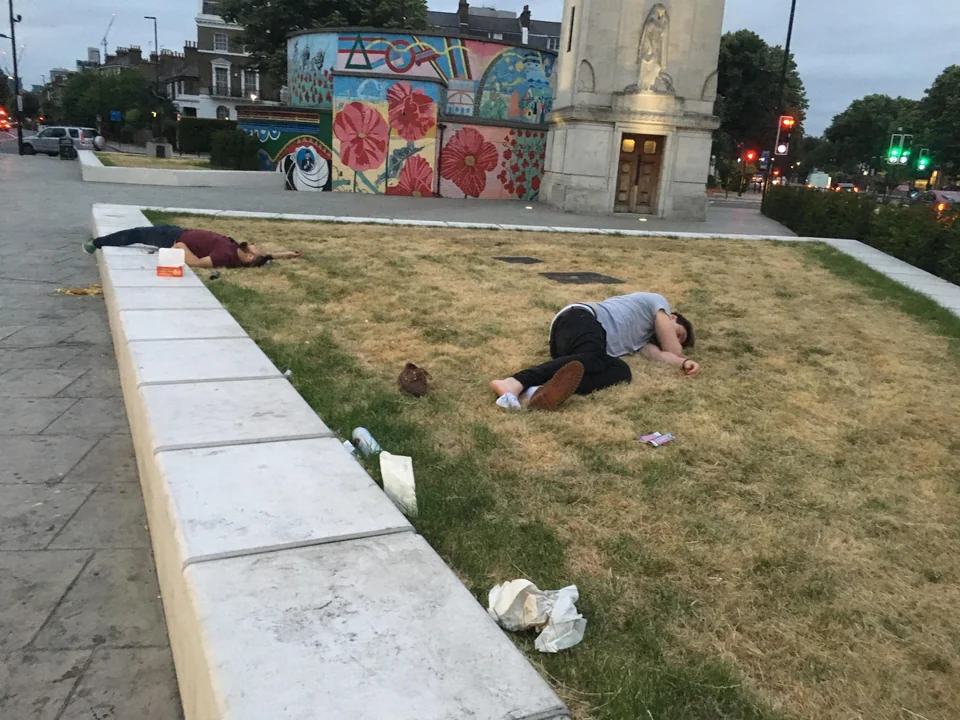 image source: reddit
image source: reddit
Passing out or losing consciousness in association with heart palpitations is a concerning symptom that requires immediate medical attention. I'm sure we are all well aware that passing out or fainting is something we are scared of and so if it happens to us or our loved ones we know it's serious!
You Can't Exercise
 image source: medical news today
image source: medical news today
Experiencing palpitations that prevent you from exercising or cause discomfort during physical activity may indicate an underlying cardiac issue. While it's normal to experience an increase in heart rate during exercise, palpitations that interfere with your ability to engage in physical activity could signify an abnormal heart rhythm or other cardiovascular problem.
Throwing Up!
 image source: reddit
image source: reddit
Palpitations accompanied by vomiting or nausea could be a sign of a more serious underlying condition, such as a heart attack or arrhythmia. While nausea and vomiting are not typical symptoms of palpitations, their presence alongside palpitations may indicate significant distress to the cardiovascular system.
Uncontrollable Sweating
 image source: reddit
image source: reddit
Experiencing uncontrollable sweating in conjunction with heart palpitations could be a sign of a significant cardiac event, such as a heart attack or severe arrhythmia. Sweating excessively without a clear cause, especially when accompanied by palpitations, may indicate that your body is under significant stress!
Suffering From Panic Attacks
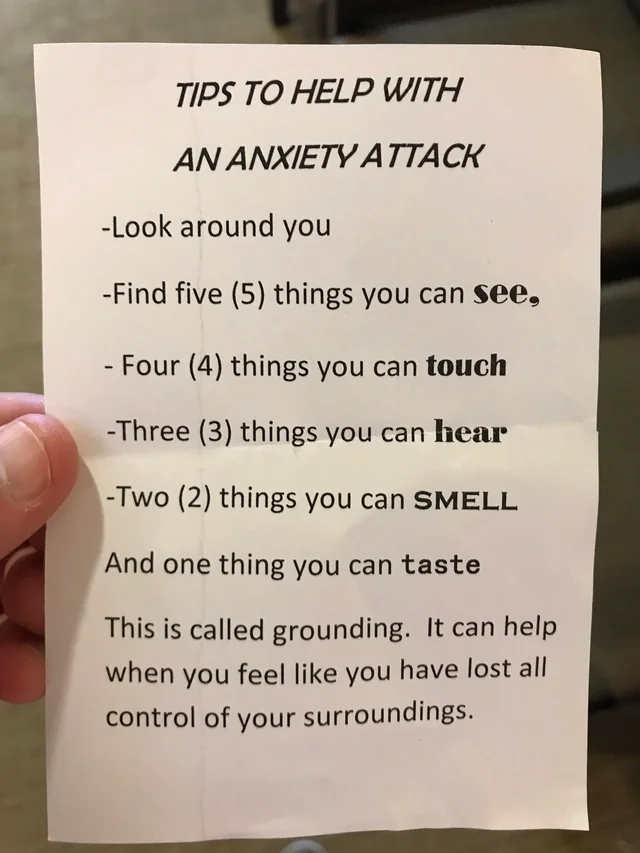 image source: reddit
image source: reddit
While panic attacks can cause symptoms such as palpitations, it's important to differentiate between panic-related palpitations and those stemming from a cardiac issue. If you experience palpitations during a panic attack or have a history of anxiety disorders, it's still essential to monitor your symptoms closely and seek medical evaluation if you notice any changes or additional concerning symptoms.
Your Legs Are Swollen
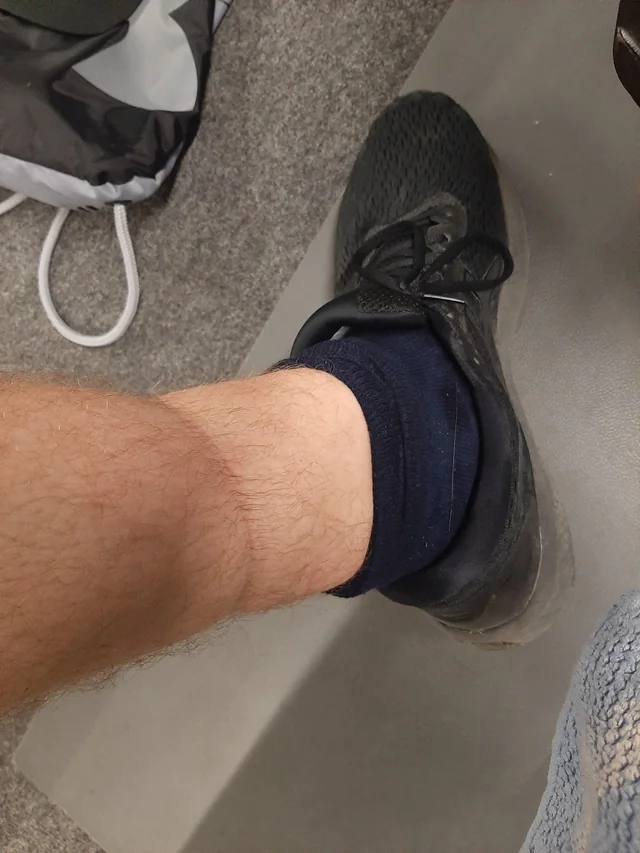 image source: reddit
image source: reddit
Swelling in the legs, ankles, or feet, known as edema, can sometimes accompany heart palpitations and may indicate underlying heart problems. When the heart is unable to pump blood effectively, fluid can accumulate in the lower extremities, leading to swelling.
You're Drinking Too Much Coffee
 image source: reddit
image source: reddit
Excessive consumption of caffeine, such as drinking too much coffee, can trigger or exacerbate heart palpitations in some individuals. Caffeine is a stimulant that can increase heart rate and blood pressure, leading to palpitations, especially in those who are sensitive to its effects.
You've Just Had A Night Out
 image source: reddit
image source: reddit
Partying or heavy drinking during a night out can sometimes lead to heart palpitations, particularly if alcohol consumption is excessive. Alcohol can affect the heart's rhythm and function, leading to palpitations or irregular heartbeats, especially in susceptible individuals.
Hurts More When You Are Lying On Your Chest
 image source: reddit
image source: reddit
Experiencing increased discomfort or pain in the chest area when lying down, especially on your chest, could indicate underlying heart issues. Palpitations that worsen in certain positions may suggest that your heart's rhythm or function is affected by changes in posture.
Your Family Has Heart Problems
 image source: reddit
image source: reddit
A family history of heart problems, such as coronary artery disease, arrhythmias, or congenital heart defects, can increase your risk of experiencing heart palpitations due to genetic coding. You should always be informed about the history of your family!
Throat Begins To Feel Tight
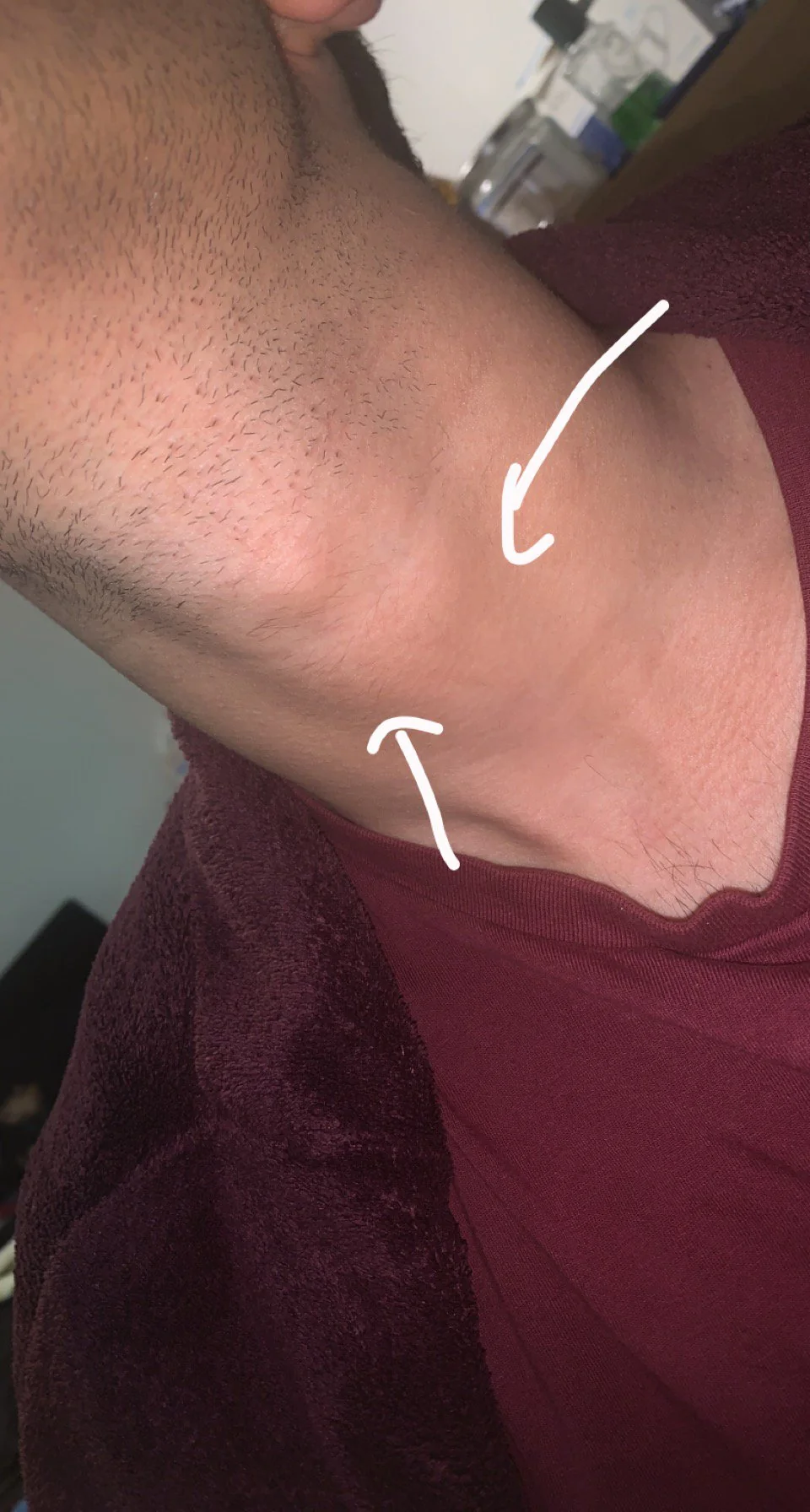 image source: reddit
image source: reddit
Feeling a tightness or constriction sensation in the throat along with heart palpitations could be a sign of an anxiety-related response or an underlying cardiac issue. While throat tightness is not a typical symptom of palpitations, it's essential to pay attention to any changes or additional symptoms you may experience.
You Have A Sharp Pain In Your Arm
 image source: reddit
image source: reddit
Experiencing a sharp pain or discomfort in the arm, particularly the left arm, alongside heart palpitations, could be a sign of a heart attack or other serious cardiac issue. While arm pain can have various causes, including musculoskeletal issues or nerve compression, it's crucial not to ignore this symptom when accompanied by palpitations.
Your Jaw Is Hurting
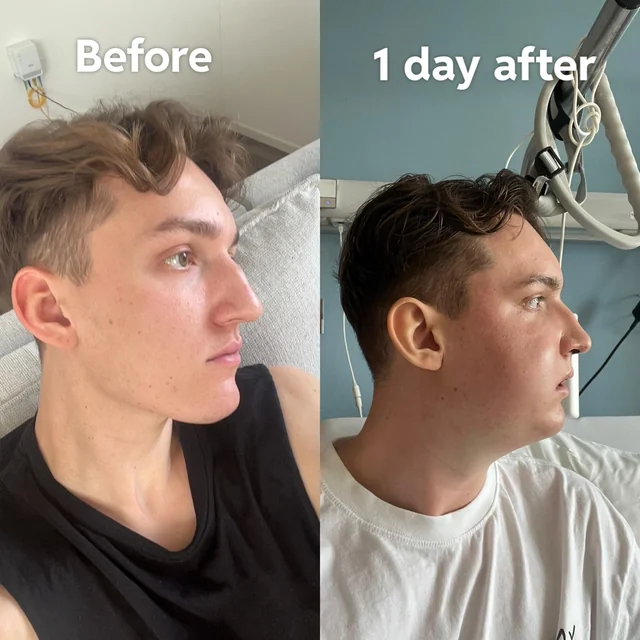 image source: reddit
image source: reddit
Experiencing pain or discomfort in the jaw, particularly the lower jaw, along with heart palpitations, could be a sign of a heart attack or angina. Jaw pain is a less common symptom of heart issues but can occur, especially in women. If you feel a few symptoms it might be best to call 911!
Wanting To Sleep All The Time
 image source: reddit
image source: reddit
Feeling excessively tired or lethargic and wanting to sleep all the time, known as hypersomnia, could indicate underlying health issues, including cardiac problems. While fatigue can have various causes, including lifestyle factors or medical conditions, persistent tiredness alongside heart palpitations may suggest that your heart's rhythm or function is compromised.
You Could Be Having A Heart Attack!!
 image source: reddit
image source: reddit
Experiencing heart palpitations, especially when accompanied by other symptoms such as chest pain, shortness of breath, nausea, or sweating, could be a sign of a heart attack. Heart attacks occur when blood flow to the heart is blocked, leading to damage or death of heart muscle tissue.
Standing Up Is Hurting
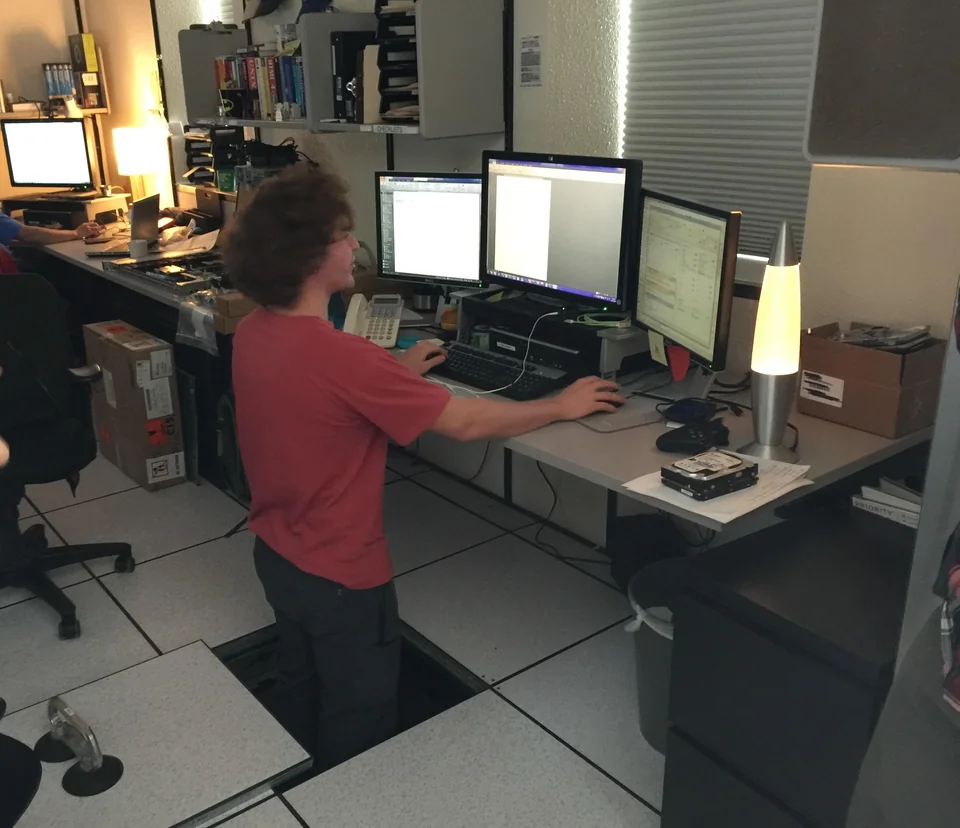 image source: reddit
image source: reddit
Experiencing pain or discomfort when standing up, particularly in the chest or heart region, could indicate underlying cardiac issues. Palpitations that worsen upon standing may suggest changes in blood flow or heart function when transitioning from sitting or lying down positions.
Coughing Up A Lot Of Phlegm
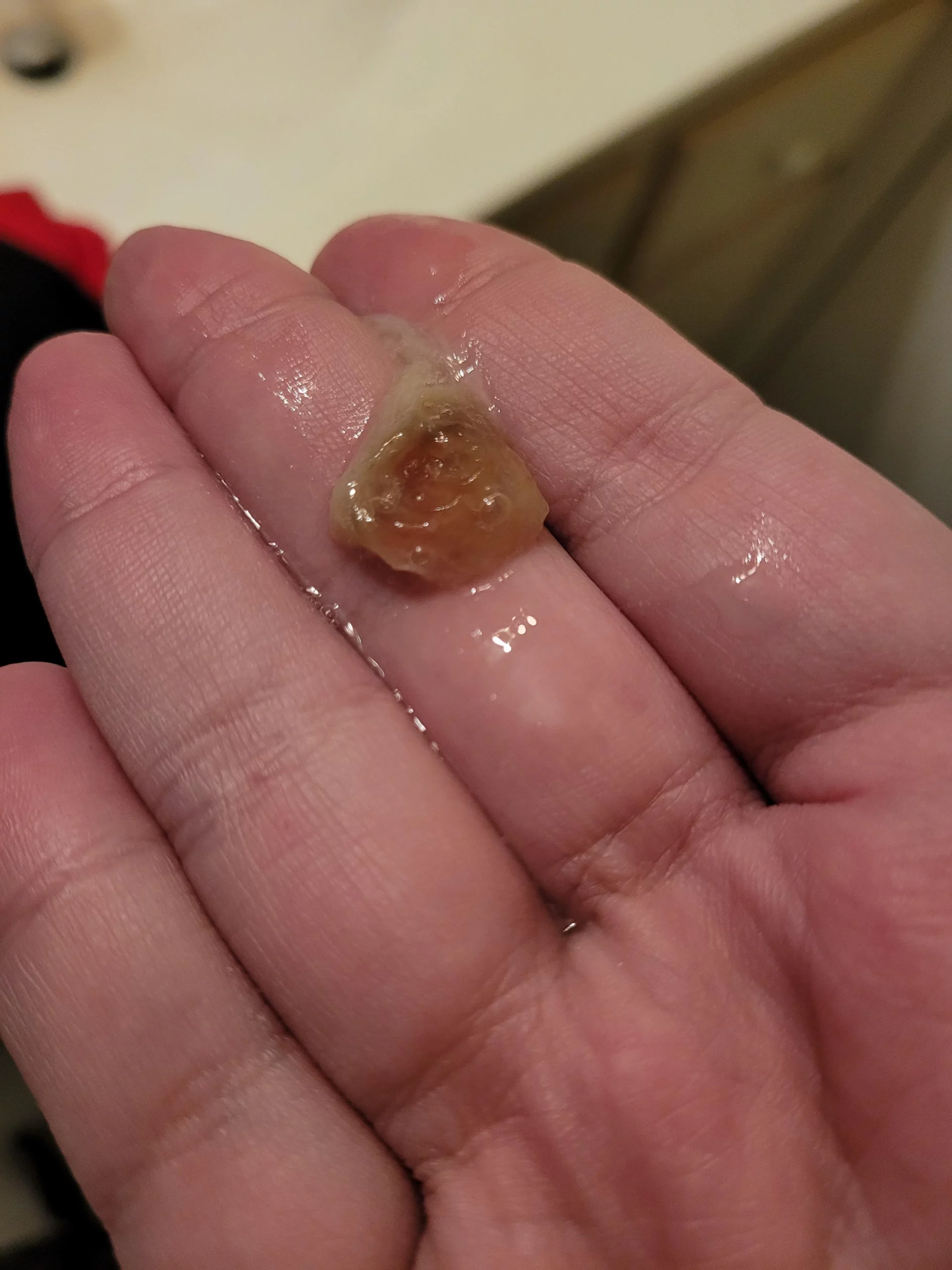 image source: reddit
image source: reddit
Coughing up a significant amount of phlegm, especially when accompanied by heart palpitations, could indicate an underlying respiratory or cardiac issue. While coughing is not typically associated with palpitations, excessive phlegm production may suggest respiratory congestion or infection, which can sometimes affect heart function.
You're Already On Meds
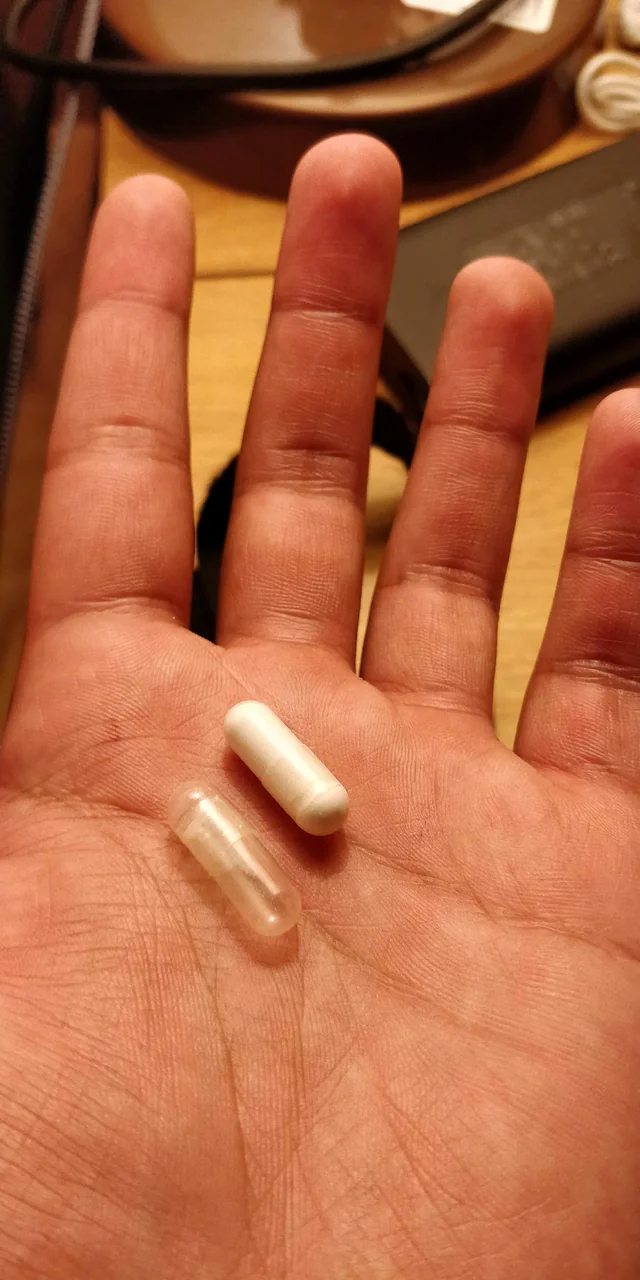 image source: reddit
image source: reddit
If you're already taking medications for a pre-existing medical condition and still experience heart palpitations, it could indicate that your current treatment regimen may not be effectively managing your symptoms. Certain medications or combinations of medications can sometimes contribute to palpitations or interfere with heart rhythm.
Slurring Your Words
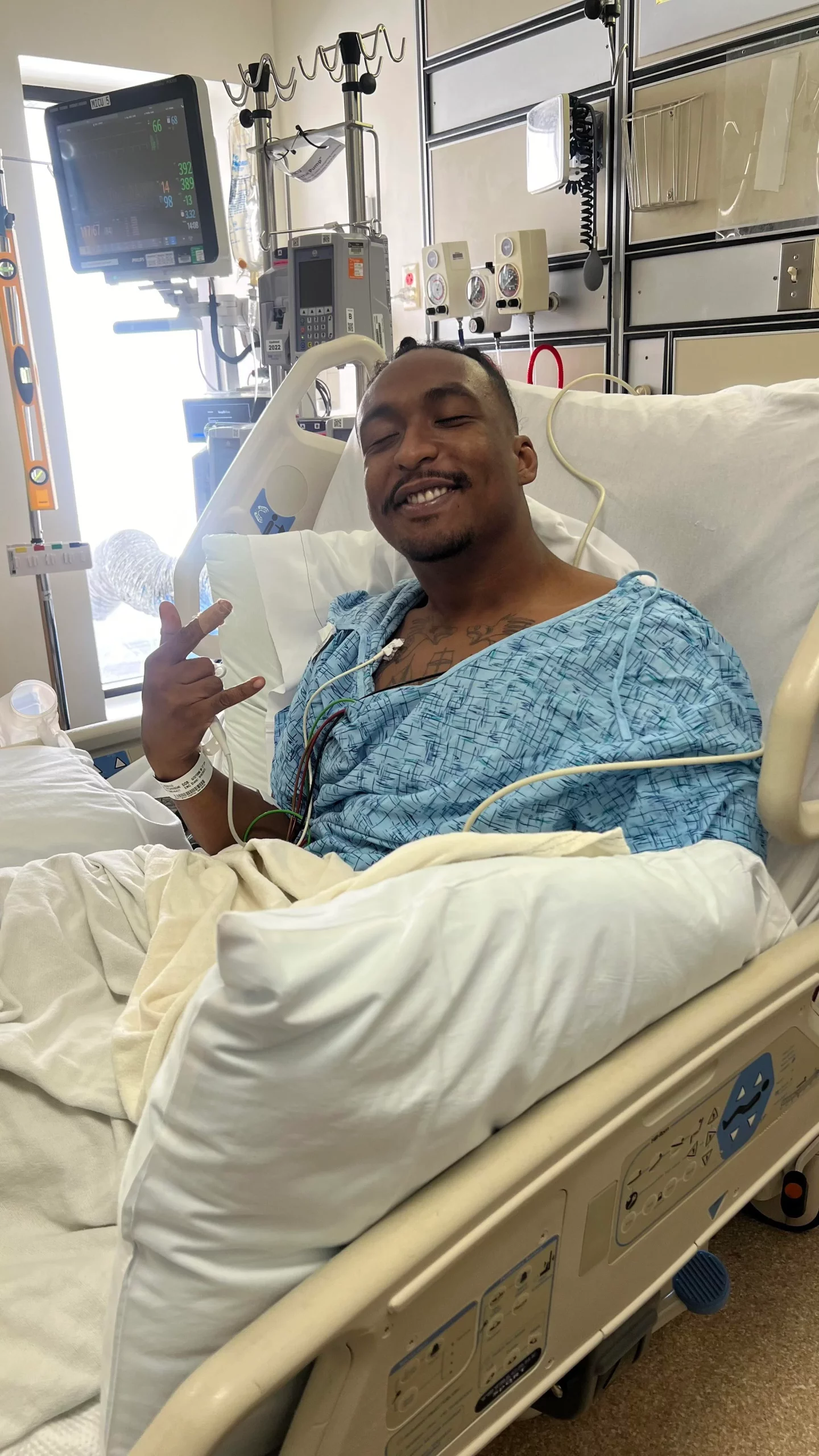 image source: reddit
image source: reddit
Slurred speech, especially when accompanied by heart palpitations, could be a sign of a serious neurological or cardiovascular issue, such as a stroke or transient ischemic attack. While slurred speech is not a typical symptom of palpitations, it's crucial not to ignore it just in case!
It Hurts To Urinate
 image source: reddit
image source: reddit
Experiencing pain or discomfort while urinating, known as dysuria, alongside heart palpitations could indicate underlying urinary tract or kidney issues. While urinary symptoms are not typically associated with palpitations, if you notice pain or burning sensations when urinating in conjunction with palpitations, it's essential to seek medical evaluation
And Do Number Two's As Well
 image source: reddit
image source: reddit
Experiencing pain, discomfort, or changes in bowel habits, such as diarrhea or constipation, alongside heart palpitations, could suggest gastrointestinal issues that may be contributing to your symptoms. Again this isn't commonly linked to heart palpitations but it doesn't hurt to be careful!
Your Skin Feels To Cold
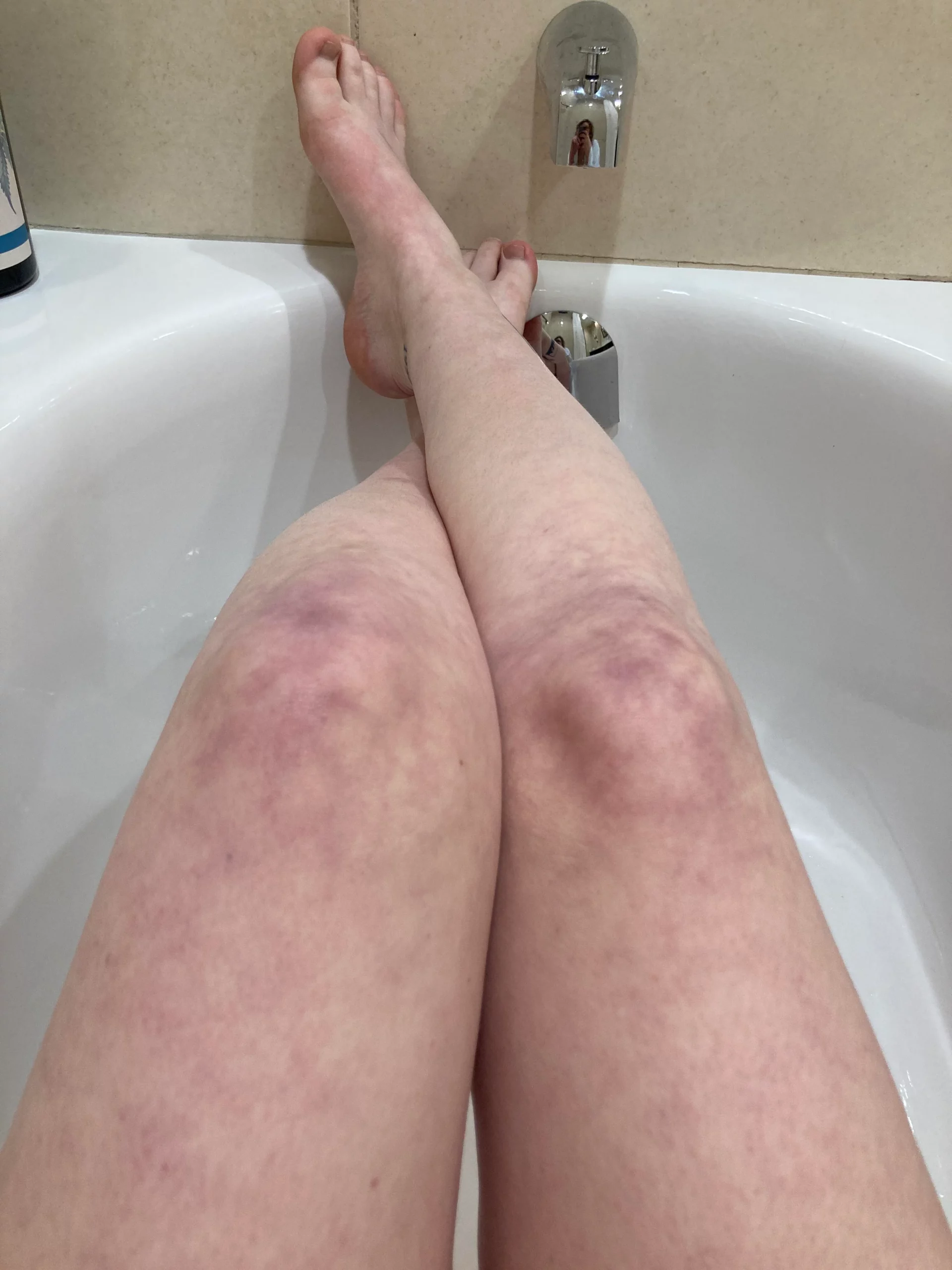 image source: reddit
image source: reddit
Experiencing fluctuations in body temperature, such as feeling excessively cold or hot, alongside heart palpitations, could indicate underlying issues with circulation or autonomic nervous system function. Abnormalities in blood flow or nerve function may affect your body's ability to regulate temperature.
You've Lost Your Appetite
 image source: reddit
image source: reddit
Experiencing a loss of appetite alongside heart palpitations could indicate underlying medical issues affecting your gastrointestinal system or overall well-being. While a loss of appetite is not typically associated with palpitations directly, it may be a manifestation of stress, anxiety, or an underlying medical condition.
Relaxation Techniques Aren't Helping
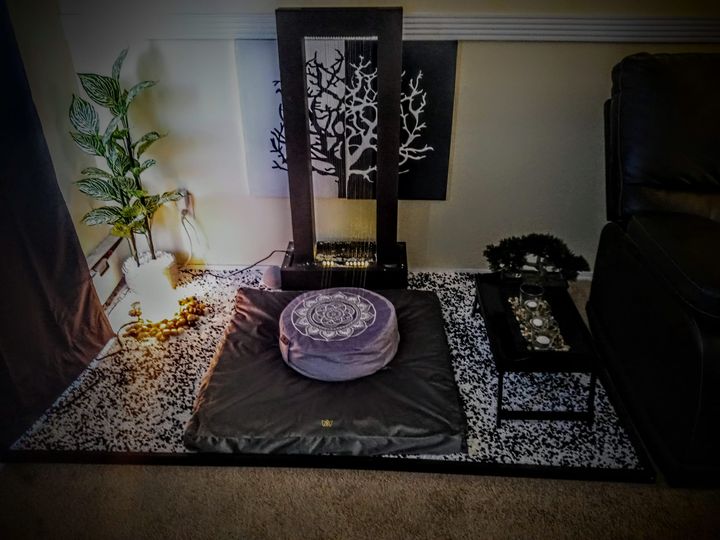 image source: reddit
image source: reddit
While relaxation techniques can be helpful in managing stress-related palpitations, persistent symptoms despite these interventions may suggest other factors contributing to your condition. If relaxation techniques aren't helping to alleviate your palpitations, it's essential to consult with a healthcare professional to determine the cause and appropriate management of your symptoms.
You're Bloated
 image source: reddit
image source: reddit
Experiencing bloating, discomfort, or abdominal distension alongside heart palpitations could indicate underlying gastrointestinal issues, such as indigestion, gas, or bloating. While bloating is not typically associated with palpitations, certain gastrointestinal conditions or dietary factors may contribute to both symptoms.
Now Here Are Some Ways You Can Protect Yourself From Heart Palpitations... Drink Plenty Of Water
 image source: reddit
image source: reddit
Staying hydrated is essential for overall health and can help prevent heart palpitations. Dehydration can worsen palpitations by causing electrolyte imbalances and increasing heart rate. Aim to drink plenty of water throughout the day, especially during hot weather or when engaging in physical activity.
Avoid Too Much Coffee
 image source: reddit
image source: reddit
Excessive consumption of caffeine, commonly found in coffee, tea, energy drinks, and some sodas, can trigger or worsen heart palpitations in susceptible individuals. Caffeine stimulates the nervous system, increasing heart rate and potentially leading to palpitations, especially in high doses.
Try Some Yoga
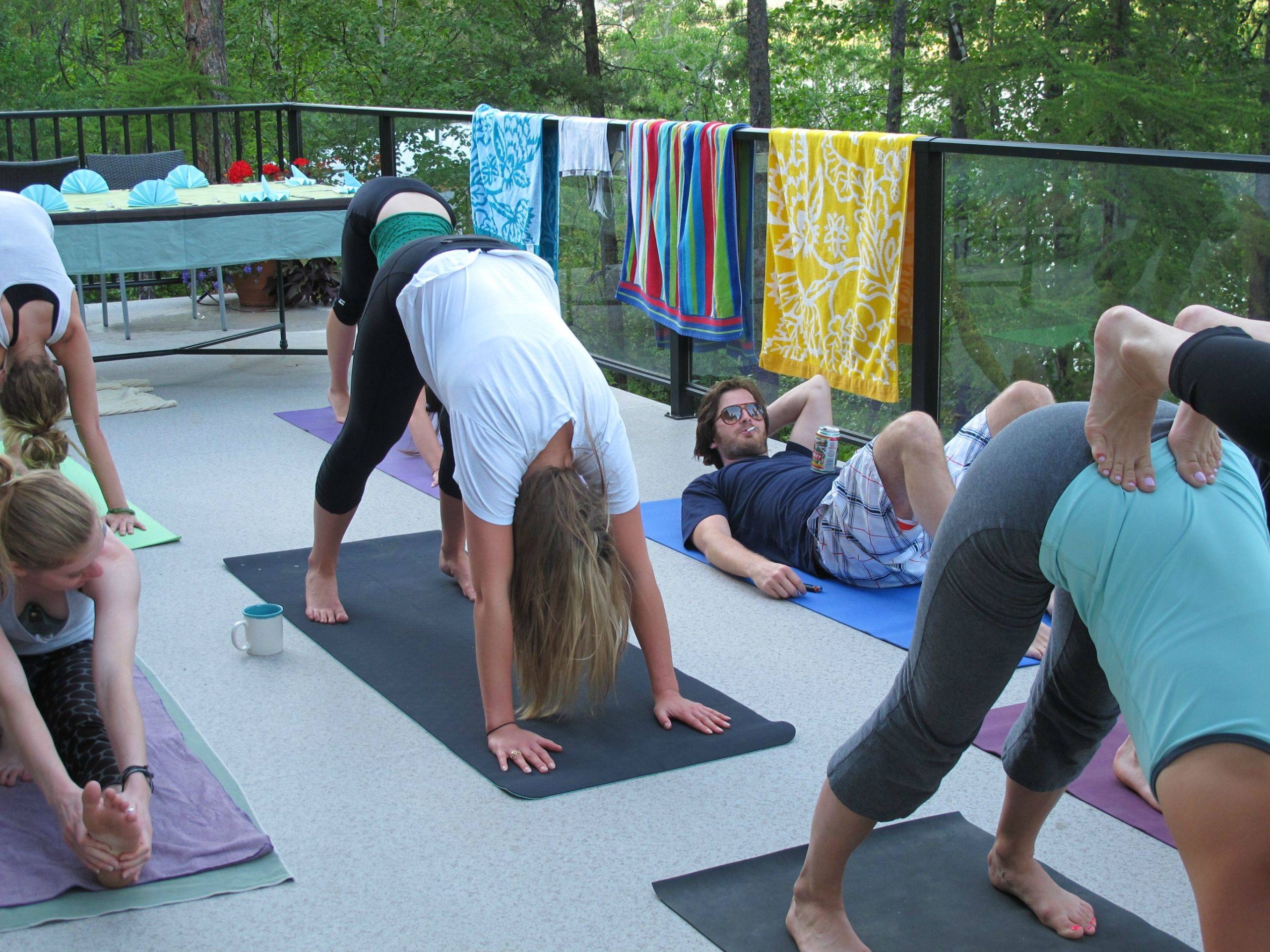 image source: reddit
image source: reddit
Yoga is a gentle and effective way to reduce stress, promote relaxation, and protect yourself from heart palpitations. Practicing yoga regularly can help calm the mind, reduce anxiety, and improve overall heart health. Certain yoga poses and breathing techniques, such as deep breathing, meditation, and gentle stretching, can help regulate the autonomic nervous system, lower blood pressure, and stabilize heart rhythm.
Get Regular Exercise
 image source: reddit
image source: reddit
Regular physical activity is essential for maintaining cardiovascular health and preventing heart palpitations. Exercise helps strengthen the heart muscle, improve circulation, and reduce stress, all of which contribute to a lower risk of palpitations. Aim for at least 30 minutes of moderate-intensity exercise most days of the week, such as brisk walking, jogging, cycling, or swimming.
Maintain A Healthy Weight
 image source: reddit
image source: reddit
Being overweight or obese can increase the risk of heart palpitations and other cardiovascular problems. Excess weight puts added strain on the heart, leading to irregular heartbeats and palpitations. To protect yourself from palpitations, aim to achieve and maintain a healthy weight through a balanced diet and regular exercise.
Drink Less Alcohol
 image source: reddit
image source: reddit
Excessive alcohol consumption can trigger heart palpitations and other cardiac arrhythmias. Alcohol affects the electrical signals that regulate heart rhythm, leading to palpitations, especially in sensitive individuals. To protect yourself from palpitations, limit your alcohol intake and drink in moderation.
Stop Smoking
 image source: reddit
image source: reddit
Smoking is a major risk factor for heart disease and can increase the likelihood of experiencing heart palpitations. The chemicals in tobacco smoke damage blood vessels, reduce oxygen supply to the heart, and contribute to the development of cardiovascular problems. Quitting smoking is one of the most effective ways to protect yourself from heart palpitations and improve overall heart health.
Stop Eating Late At Night
 image source: reddit
image source: reddit
Eating late at night, especially heavy or spicy meals, can disrupt digestion and increase the risk of experiencing heart palpitations during sleep. Late-night eating can lead to acid reflux, indigestion, and discomfort, which may trigger palpitations in susceptible individuals.
Sleep MORE!
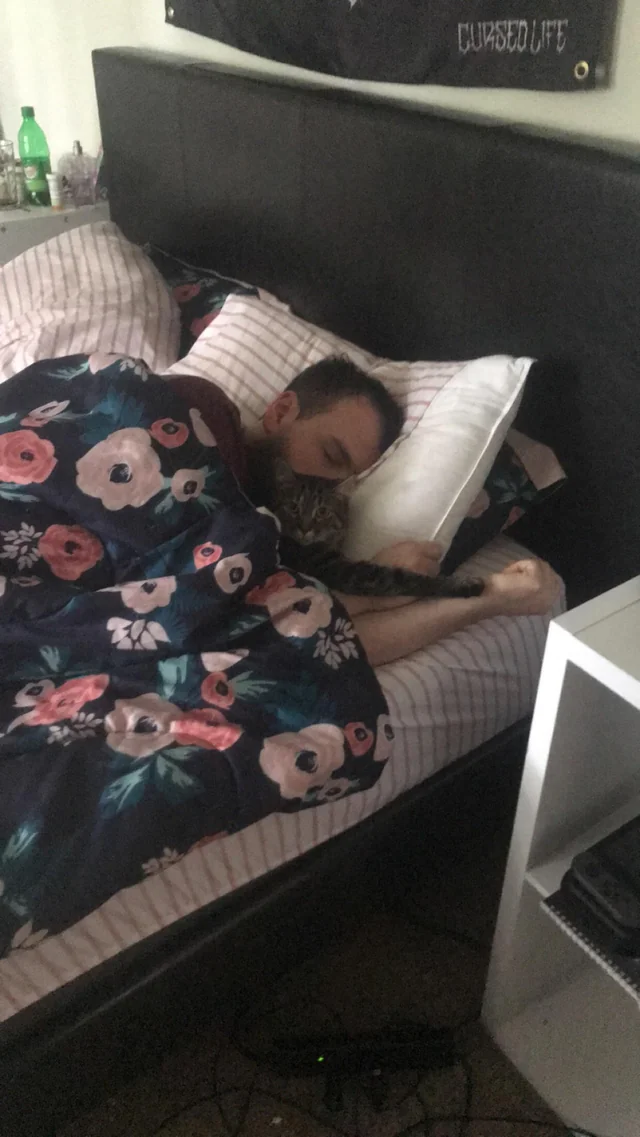 image source: reddit
image source: reddit
Getting enough quality sleep is essential for overall health and can help prevent heart palpitations. Sleep deprivation and poor sleep quality can disrupt the body's natural rhythms, increase stress hormones, and affect heart function, leading to palpitations. Aim for 7-9 hours of uninterrupted sleep each night to support optimal heart health and reduce the risk of palpitations.
Don't Eat Spicy Foods
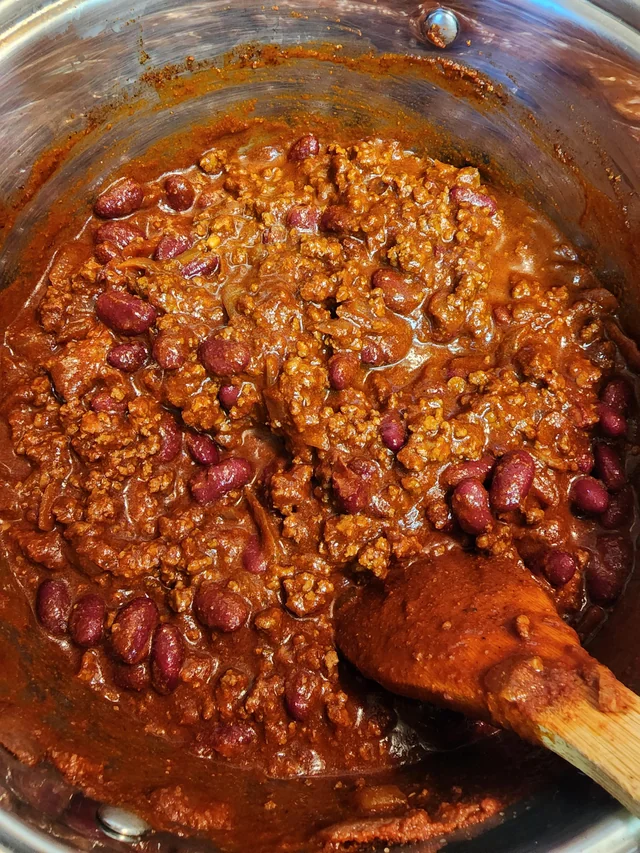 image source: reddit
image source: reddit
To protect yourself from palpitations, limit your intake of spicy foods, especially close to bedtime or before engaging in physical activity. Opt for milder seasoning alternatives or avoid spicy foods altogether if you're prone to palpitations triggered by gastrointestinal issues.
Practice A Good Posture
 image source: reddit
image source: reddit
Maintaining good posture is essential for heart health and can help prevent heart palpitations. Poor posture, such as slouching or hunching over, can compress the chest cavity and restrict proper breathing, leading to increased stress on the heart and potential palpitations. To protect yourself from palpitations, practice good posture by sitting and standing tall with your shoulders back and your spine aligned.
Avoid Extreme Temperatures
 image source: reddit
image source: reddit
Exposure to extreme temperatures, whether hot or cold, can trigger heart palpitations in some individuals. Extreme heat can lead to dehydration and strain the cardiovascular system, while extreme cold can constrict blood vessels and increase blood pressure, both of which may exacerbate palpitations.
Brush Your Teeth!
 image source: reddit
image source: reddit
Maintaining good oral hygiene by brushing your teeth regularly is important for protecting yourself from heart palpitations. Poor dental health, such as gum disease or periodontitis, has been linked to an increased risk of heart disease and palpitations. Bacteria from the mouth can enter the bloodstream through inflamed gums, leading to inflammation in the blood vessels and potentially affecting heart function.
Don't Eat Loads Of Chocolate
 image source: reddit
image source: reddit
While chocolate can be a delicious treat, consuming excessive amounts, especially dark chocolate high in caffeine and theobromine, can trigger heart palpitations in susceptible individuals. Caffeine and theobromine are stimulants that can increase heart rate and blood pressure, leading to palpitations, especially in high doses.
Cut Down On Salt
 image source: reddit
image source: reddit
Excessive salt intake can contribute to high blood pressure and fluid retention, both of which can trigger or exacerbate heart palpitations. Consuming too much salt can disrupt the body's electrolyte balance and increase the workload on the heart, leading to irregular heartbeats and palpitations.
Take Calming Baths
 image source: reddit
image source: reddit
Taking calming baths can help relax the body and mind, reducing stress and anxiety that may contribute to heart palpitations. Warm baths can promote muscle relaxation, improve circulation, and soothe tense muscles, helping to alleviate physical and emotional tension.
Make Daily Schedules
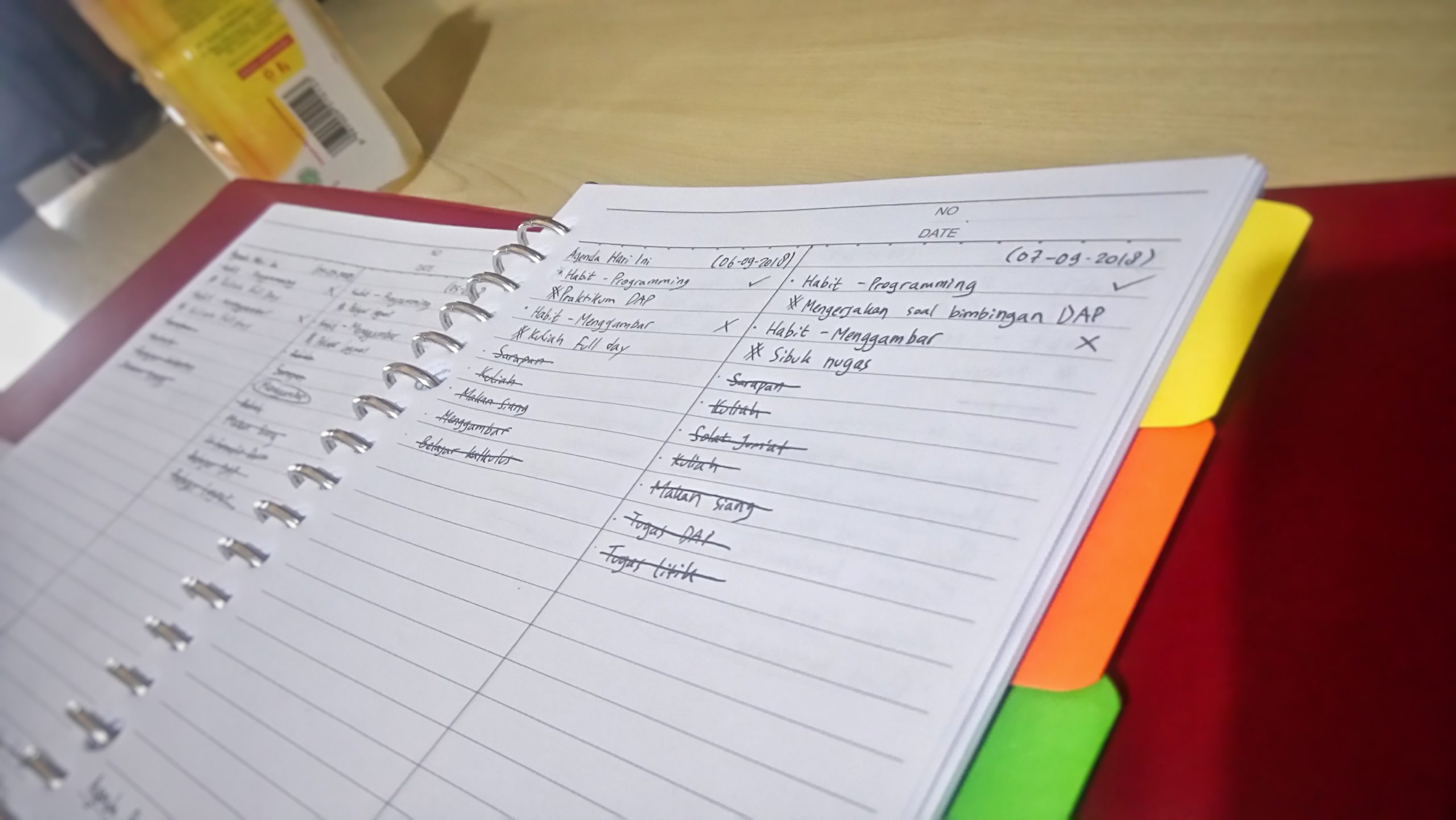 image source: reddit
image source: reddit
Use planners, calendars, or digital apps to map out daily tasks, appointments, and activities, allocating time for work, relaxation, exercise, and socializing. Prioritize self-care and downtime to prevent burnout and support overall heart health.
Try Journalling
 image source: reddit
image source: reddit
Set aside time each day to write in a journal, jotting down thoughts, experiences, and reflections on your day. Use journal prompts or guided exercises to delve deeper into emotions and gain insights into potential triggers for palpitations. By incorporating journaling into your routine, you can enhance self-awareness, manage stress, and protect your heart health.
Spend Time With Your Friends
 image source: reddit
image source: reddit
Make time to nurture friendships and engage in social activities that bring joy and fulfillment. Whether it's chatting over coffee, going for a walk, or enjoying a hobby together, prioritize quality time with friends to support heart health and prevent palpitations.
Get Plenty Of Sun
 image source: reddit
image source: reddit
Adequate vitamin D levels have been associated with a reduced risk of cardiovascular disease and palpitations. Spend time outdoors in sunlight regularly, aiming for at least 15-30 minutes of sun exposure several times a week. Be mindful of sun safety guidelines and wear sunscreen to protect your skin while enjoying the sun's health benefits.
 image source: reddit
image source: reddit image source: reddit
image source: reddit image source: reddit
image source: reddit image source: reddit
image source: reddit image source: reddit
image source: reddit image source: reddit
image source: reddit image source: medical news today
image source: medical news today image source: reddit
image source: reddit image source: reddit
image source: reddit image source: reddit
image source: reddit image source: reddit
image source: reddit image source: reddit
image source: reddit image source: reddit
image source: reddit image source: reddit
image source: reddit image source: reddit
image source: reddit image source: reddit
image source: reddit image source: reddit
image source: reddit image source: reddit
image source: reddit image source: reddit
image source: reddit image source: reddit
image source: reddit image source: reddit
image source: reddit image source: reddit
image source: reddit image source: reddit
image source: reddit image source: reddit
image source: reddit image source: reddit
image source: reddit image source: reddit
image source: reddit image source: reddit
image source: reddit image source: reddit
image source: reddit image source: reddit
image source: reddit image source: reddit
image source: reddit image source: reddit
image source: reddit image source: reddit
image source: reddit image source: reddit
image source: reddit image source: reddit
image source: reddit image source: reddit
image source: reddit image source: reddit
image source: reddit image source: reddit
image source: reddit image source: reddit
image source: reddit image source: reddit
image source: reddit image source: reddit
image source: reddit image source: reddit
image source: reddit image source: reddit
image source: reddit image source: reddit
image source: reddit image source: reddit
image source: reddit image source: reddit
image source: reddit image source: reddit
image source: reddit image source: reddit
image source: reddit image source: reddit
image source: reddit image source: reddit
image source: reddit image source: reddit
image source: reddit